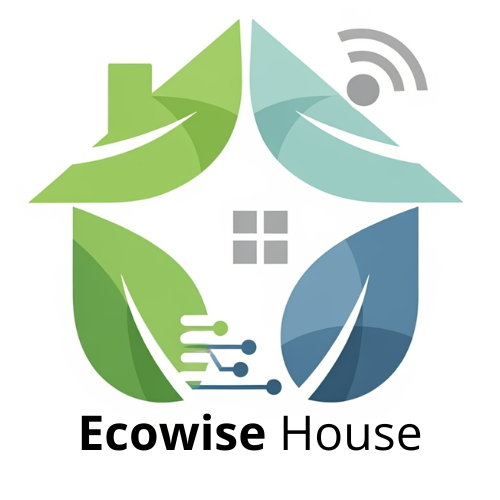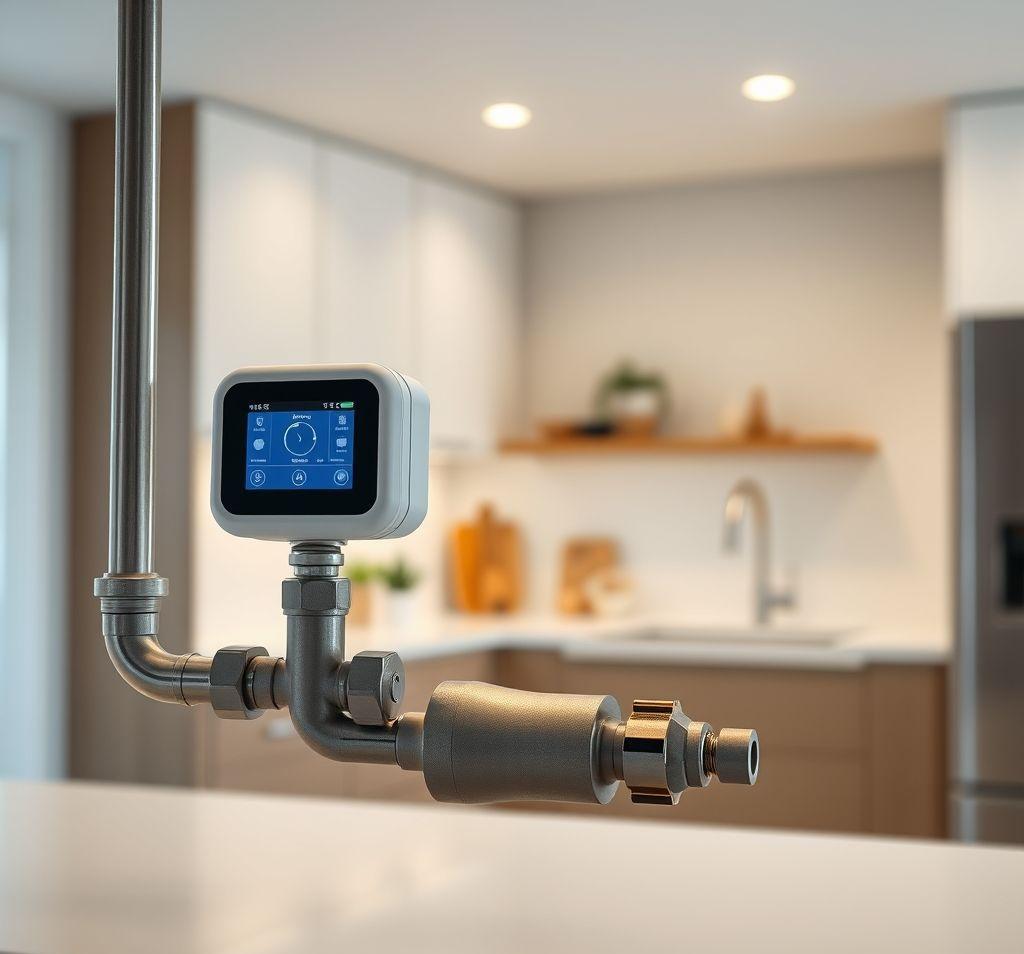AI and Machine Learning: Revolutionizing Home Water Management & Leak Prevention in 2024
Water conservation is becoming increasingly vital. In 2024, Artificial Intelligence (AI) and Machine Learning (ML) are emerging as powerful tools for optimizing home water management. From predicting leaks before they occur to tailoring irrigation schedules based on real-time data, AI offers innovative solutions for saving water and reducing costs. This article explores the transformative role of AI and ML in creating a more sustainable and efficient approach to home water usage.
Predictive Power: AI for Leak Detection
One of the most impactful applications of AI in home water management is predictive leak detection. Traditional leak detection relies on identifying signs of water damage or unusually high water bills. AI, however, can analyze patterns in water consumption data to identify anomalies that indicate a potential leak before it becomes a major problem. This is achieved through several methods:
- Smart Water Meters: AI algorithms analyze data from smart water meters, looking for deviations from established usage patterns. Sudden spikes in water consumption, or continuous low-level usage when no appliances are running, can be red flags.
- Pressure Sensors: Integrating pressure sensors into plumbing systems allows AI to monitor pressure fluctuations. Significant drops or inconsistencies can pinpoint the location of a leak within the network.
- Acoustic Monitoring: In some advanced systems, AI analyzes acoustic data captured by sensors placed on pipes. The sound of water escaping can be detected and categorized, allowing for early identification of even the smallest leaks.
The benefits of predictive leak detection are substantial. Homeowners can avoid costly repairs, minimize water waste, and prevent structural damage caused by undetected leaks. Furthermore, early detection helps conserve a precious resource and reduces the strain on municipal water systems.
Smart Irrigation: AI-Driven Water Conservation
Outdoor water usage, particularly for irrigation, accounts for a significant portion of residential water consumption. AI and ML are revolutionizing irrigation practices by optimizing watering schedules based on real-time environmental data. This approach moves beyond traditional timer-based systems that often overwater or underwater plants.
- Weather Data Integration: AI algorithms analyze weather forecasts, including rainfall, temperature, humidity, and wind speed. They adjust irrigation schedules accordingly, preventing unnecessary watering when rain is expected or increasing watering during hot, dry periods.
- Soil Moisture Sensors: Embedded soil moisture sensors provide data on the actual water content of the soil. AI algorithms use this information to determine precisely when and how much water is needed, ensuring that plants receive the optimal amount without wasting water.
- Plant-Specific Needs: Advanced AI systems can even incorporate data on the specific types of plants in the landscape. Different plants have different water requirements, and AI can tailor irrigation schedules to meet those individual needs.
Smart irrigation systems not only conserve water but also promote healthier plant growth. By providing the right amount of water at the right time, AI helps prevent overwatering, which can lead to root rot and other plant diseases. The result is a more beautiful and sustainable landscape.
Personalized Water-Saving Advice
Beyond leak detection and smart irrigation, AI can also provide personalized water-saving advice to homeowners. By analyzing water consumption data and comparing it to similar households, AI algorithms can identify areas where individuals can reduce their water usage.
- Usage Pattern Analysis: AI can identify specific appliances or fixtures that are consuming excessive water. For example, it might detect a leaky toilet or an inefficient washing machine.
- Comparative Analysis: By comparing a household’s water usage to that of similar households in the same area, AI can highlight areas where improvements can be made.
- Personalized Recommendations: Based on the analysis of water usage patterns and comparative data, AI can provide personalized recommendations for saving water. This might include suggestions for upgrading appliances, fixing leaks, or changing watering habits.
This personalized approach makes water conservation more engaging and effective. By providing targeted advice, AI empowers homeowners to make informed decisions about their water usage and adopt sustainable practices.
The Future of Water Management
In conclusion, AI and machine learning are transforming home water management in 2024, offering innovative solutions for leak prevention, optimized irrigation, and personalized water-saving advice. These technologies not only help homeowners conserve water and reduce costs but also contribute to a more sustainable future. As AI continues to evolve, we can expect even more sophisticated and effective water management solutions to emerge, further revolutionizing how we use and conserve this precious resource. Embracing these advancements is crucial for ensuring water security and environmental stewardship.

